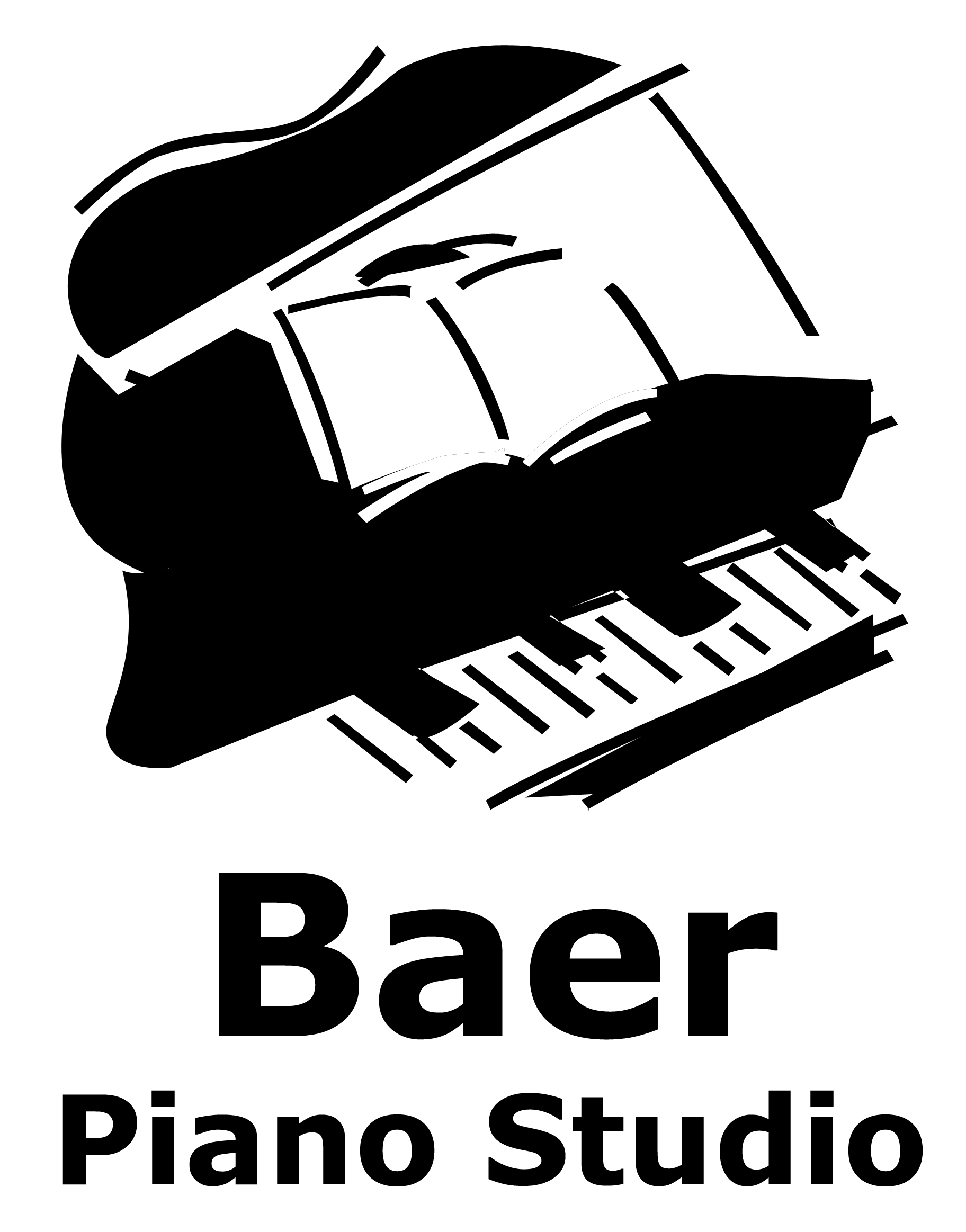Why music lessons are a good idea for anyone
There are many reasons to learn to play an instrument, and developing a life long appreciation and greater understanding of all music, has to be right at the top of the list. But there are many more valuable lessons involved than just learning to play the instrument in question, in fact being able to play the instrument is almost a by-product of all the other important life skills that are addressed along the way.
Like what?
Concentration
The ability to concentrate is very much a learned skill, and probably the one that most students find to be the most difficult. A small part of playing are the physical actions used to create sound, but the larger part is learning to control the thinking processes needed. The concentration and awareness of deliberate thought that is developed in every player, and understanding how to learn effectively, is an important skill that transfers to learning anything – languages, sports, school work – all things in life.
Developing a ‘work ethic’
Many parents think that children should always be self motivated to learn an instrument. Yes – to a point. They need to want to learn in the first place, there is no point pulling them kicking and screaming to the first lesson. Given that they want to (and it might have even been their idea) and they might have even agreed to practicing for a certain amount each day, there will come a time when motivation will wane. It happens to everyone and every concert artist that has ever been – there are up and down periods. Sometimes you just don’t feel like it.
What you learn is to persevere towards your goals, that nothing is always plain sailing, and sometimes things are difficult. But if you work hard with persistence, you get results. That is why it is so important to not let children give up at the first hurdle – learning anything (and life itself) is full of hurdles, and giving up becomes a long term pattern that sabotages anyone’s life.
Help your child develop the ‘try and try and try again’ approach to life.
Dealing with criticism
Every lesson means that the work for the week is going to be under scrutiny, and there is a possibility that you won’t get a glowing report each time. For some people that is a threatening proposition, they want sunshine and rainbows regardless of whether they try hard or do practically nothing all week. Clearly that is not the way the world works, it is important to be able to hear advice and take on what is needed. Children that work through this process and are able to hear that their approach needs changing, or they haven’t practiced enough, or are not listening etc, develop the important quality of resilience.
Dealing with pressure
Not everybody wants to do exams or performances, but for those that do, there are multiple valuable lessons in how to deal with pressure and come out on top, and for those that on occasion don’t succeed for what ever reason, the even more valuable lesson of how to dust yourself of, pick yourself up, and try again. For some more sensitive people, every lesson is a little piece of pressure to deal with. Over time they get more and more confident and the level of pressure they are able to deal with increases, until the concert stage is not so scarey.
Project management
Every week there will be multiple goals to achieve that require management of practice time. You or your child will learn how to portion their time according to the weeks work required, how to portion months leading up to exams and other performances, and how to look at long term goals and organise the campaigns to get there.
Self esteem
You or your child will learn the great feeling of achievement – it comes several times a practice session as you continuously conquer small challenges, and gets bigger and bigger as you achieve more and more.
What advantage does the piano have?
- The piano has the important advantage of being the best instrument for presenting a visual representation of the music, and the physical relationship of the notes. It makes learning to read music easier, and can be an important mental springboard to other instruments.
- The volume of music written for the piano is mammoth, you will never run out of things to play.
- The fixed pitch of the instrument and can be important in training young ears for playing other instruments in which playing in tune is a challenge.
- You are able to accompany other instruments and therefore increase the musical experiences available to you.
- It sounds great! In all seriousness – you can make nice sounds and real music right from the beginning, this is not necessarily the case with many other instruments.
